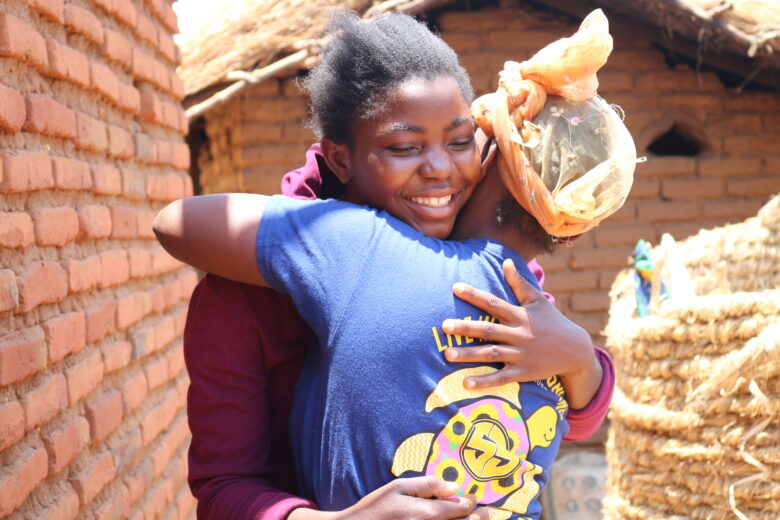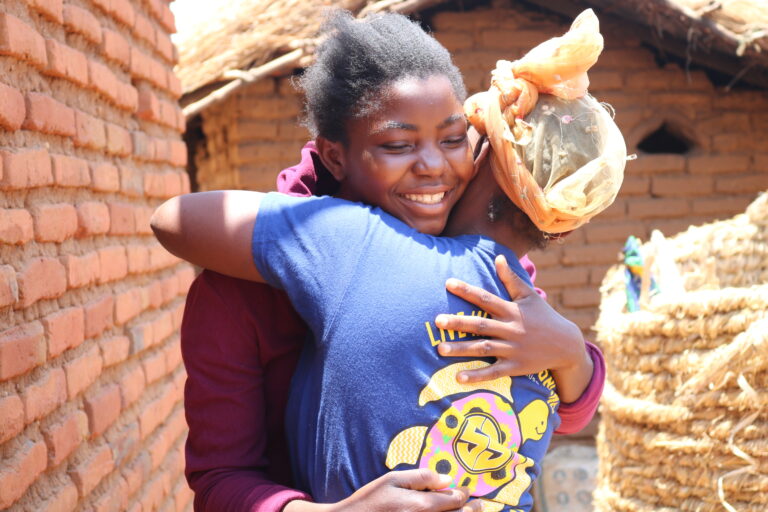The Culture of Malawi: Languages of Malawi



Malawi is home to many tribes who have settled in the land over centuries. This melding of people has resulted in a mixture of many languages, including Chichewa, Yao, Tumbuka, Nyakyusa-Ngonde, Sena and more, making up about 16 total languages.
As a result of British colonization in the 1800’s, English became the official language of Malawi, and is often the second language that students learn in school. Government business is also done in English. Most Malawians speak at least some English, though only about 25% can read or write English.
Chichewa is the national language of Malawi and is spoken by about half of the population. It is a Bantu language spoken by the Maravi people who came to Malawi in the 16th century or earlier. Under the direction of former president Hastings Kamuzu Banda, Chichewa was declared the national language and all other languages were removed from public use. As Malawi has modernized, the language has changed, with Chichewa spoken in rural villages being different from the language spoken by those living in cities.
The Yao language also derives from the Maravi people, and is spoken by about 2 million people in Malawi, primarily around the southern region of Lake Malawi bordering on Mozambique.
Spoken primarily in the northern region, Tumbuka is also a Bantu language common across some parts of Africa. It has an estimate of 2 million speakers in total spread across Malawi, Zambia, and Tanzania. Tumbuka was eliminated from public use by President Banda, but has seen resurgence in recent years, with new radio programs and books in Tumbuka.
Nyakyusa-Ngonde, is a Bantu language of Tanzania and Malawi spoken by the Nyakyusa people around the northern end of Lake Malawi. It is spoken in only a small region of Malawi and Tanzania, and has many dialects that change between villages.
Sena, also a Bantu language, is spoken in southern Malawi bordering Mozambique and is less common than the other languages of Malawi, primarily being spoken in Mozambique. It has a total of about 900,000 speakers between the two countries.
Malawi is a land rich in culture with people from many tribes coming together to make one unified whole. To learn more about the culture of Malawi, read our other articles here.
At Orant Charities, collaboration is one of the values we take seriously. We believe that there is no better way to learn, explore, make an impact, and utilize resources than collaborating with communities, individuals, and organizations. Last week, we took a major step in collaboration by signing a Memorandum of Understanding (MOU) with Opulence Malawi, an organization making a difference in the lives of people in Traditional Authority Chakhaza, Dowa district. This partnership is a significant milestone for us, and we are excited to share what this means to us and the communities we serve. To learn more about what this partnership means to us and what we envision from it, read our latest blog article.
We are overjoyed to announce that 12 of our 29 students who sat for the Malawi School Certificate of Examinations have been selected to various universities! As we celebrate this milestone, we would like to share biographies of some of the students.
Early this week, we celebrated Esther Maupa’s graduation from Mwimba College of Agriculture! As promised, today we are sharing her full story of how she overcame challenges and achieved success! Read our latest blog article to get inspired by Esther’s journey!